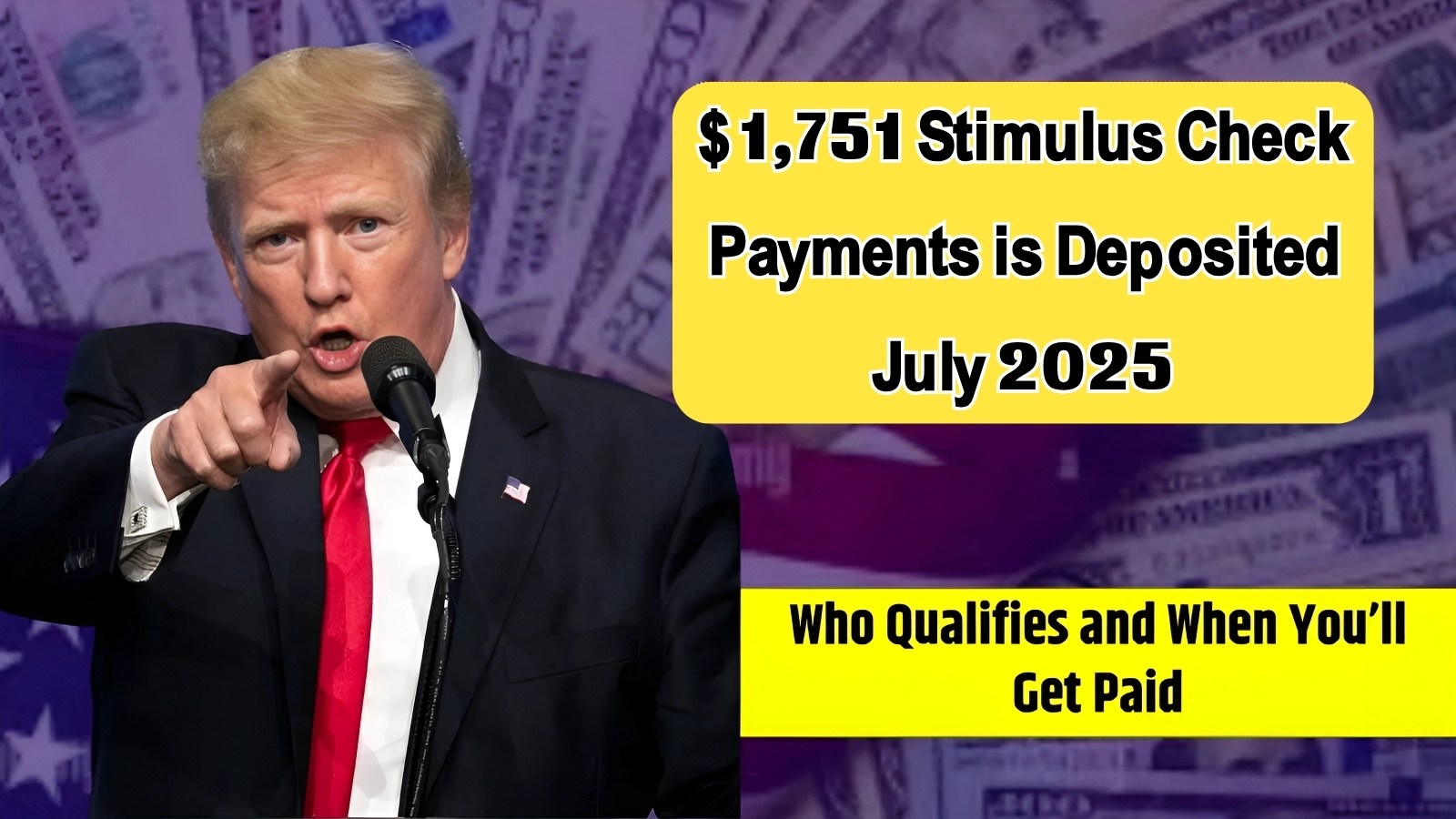Stimulus Check Payments : Recent online discussions about $1,751 stimulus check payments have attracted attention from various international communities, including some Indian citizens who may have encountered such claims through social media or unofficial communication channels.
While stimulus payments have become familiar concepts following global economic relief efforts during the COVID-19 pandemic, it’s crucial for Indian citizens to understand the context and eligibility requirements of international economic support programs before forming expectations about accessing such benefits.
Understanding Stimulus Payment Systems Globally
Stimulus payments gained worldwide recognition during the COVID-19 pandemic when governments implemented direct cash transfers to support their citizens through economic hardship.
Countries like the United States distributed multiple rounds of stimulus checks, while other nations developed their own versions of economic relief programs designed to maintain consumer spending and provide financial stability during crisis periods.
These programs typically target citizens or legal residents who have established connections to the issuing country through employment, tax contributions, or other legitimate pathways.
The specific amount of $1,751 in current discussions would need to be verified through official government sources, as legitimate stimulus programs always involve extensive legislative processes and public announcements before implementation.
Eligibility Requirements for International Stimulus Programs
International stimulus payments are generally restricted to citizens, permanent residents, or individuals with specific legal status who have demonstrated connections to the country’s economy through employment, tax filing, or other qualifying activities.
Eligibility criteria typically include identity verification through official documents, proof of residence, income assessment, and compliance with various requirements that establish an individual’s qualification for government economic support.
For Indian citizens, accessing stimulus payments from foreign governments would require appropriate legal status such as citizenship, permanent residency, or authorized work permits in the issuing country.
Tourist visas, temporary visitor status, or unofficial residence would not typically qualify individuals for comprehensive economic relief programs designed for established residents and taxpayers.
Common Characteristics of Misleading Claims
Unfortunately, the familiarity of stimulus payment concepts has made them attractive tools for fraudulent schemes that target vulnerable populations seeking financial relief.
These scams often exploit people’s financial concerns and limited familiarity with international government procedures to create believable scenarios that appear legitimate but are designed to steal personal information or money.

Warning signs include unsolicited communications claiming eligibility for foreign stimulus payments, requests for personal banking information or upfront fees, and pressure to act quickly without proper verification through official channels.
Legitimate government programs never require recipients to pay fees to receive benefits, and authentic programs always involve official government agencies with verifiable contact information.
Economic Relief Programs in India
Rather than pursuing unverified international stimulus claims, Indian citizens should focus on legitimate economic relief programs available within India’s social support framework.
The Indian government has implemented various economic assistance programs, including emergency cash transfers during the pandemic, direct benefit transfers, and targeted support for specific demographics affected by economic challenges.
Programs like the Pradhan Mantri Garib Kalyan Yojana provided direct cash assistance to vulnerable populations, while various state-level schemes offered additional economic relief during challenging periods.
These established programs provide reliable support through verified government channels with clear eligibility criteria and transparent application processes.
Impact on Indian Citizens and Financial Planning
The circulation of unverified stimulus payment claims can significantly impact Indian citizens’ financial planning and decision-making processes.
False expectations about receiving substantial payments can lead people to delay necessary financial decisions, make poor budgeting choices, or neglect building sustainable income sources while waiting for payments that may never materialize.
The emotional and psychological impact of such misinformation can be particularly severe for individuals facing genuine financial hardship who desperately need legitimate assistance.
This makes it crucial for community leaders, financial advisors, and family members to help vulnerable individuals verify information through official channels before making financial decisions based on uncertain claims.
Building Financial Resilience Through Verified Channels
Instead of relying on uncertain international payment claims, Indian citizens can build financial resilience through legitimate opportunities and established support systems.
This includes maximizing benefits from existing government programs, exploring employment and skill development opportunities, and building financial literacy to make informed decisions about income generation and expense management.
Community organizations, non-governmental organizations, and government agencies often provide information about legitimate assistance programs, job training opportunities, and financial planning resources that offer more reliable pathways to financial stability than pursuing distant international payment schemes.
Educational Resources and Community Support
Indian citizens can access various educational resources and community support systems that provide accurate information about financial assistance programs, legitimate income opportunities, and effective financial management strategies.
These resources help build resilience against fraudulent schemes while providing practical guidance for improving financial circumstances through verified channels.
Local community centers, educational institutions, and government offices often maintain current information about available support programs and can help individuals navigate application processes for legitimate assistance.
Building relationships with trusted financial advisors and community leaders provides ongoing support for making informed financial decisions.
$1,751 Stimulus Check Payments is Deposited July 2025
The most effective approach to financial security involves building sustainable income streams through legitimate employment, education, and skill development rather than hoping for windfall payments from uncertain sources.
This includes pursuing educational opportunities that enhance earning potential, developing marketable skills, and exploring entrepreneurship opportunities that provide long-term financial stability.
$4,562 Centrelink Parenting Payment of July 2025 is credited
Professional development programs, vocational training initiatives, and small business support services offer more reliable pathways to economic improvement than pursuing unverified international payment claims that often lead to disappointment or financial exploitation.
The emphasis should remain on accessing verified opportunities through established channels, building practical skills that enhance earning potential, and utilizing legitimate support systems that provide sustainable assistance for long-term financial stability and economic security.
